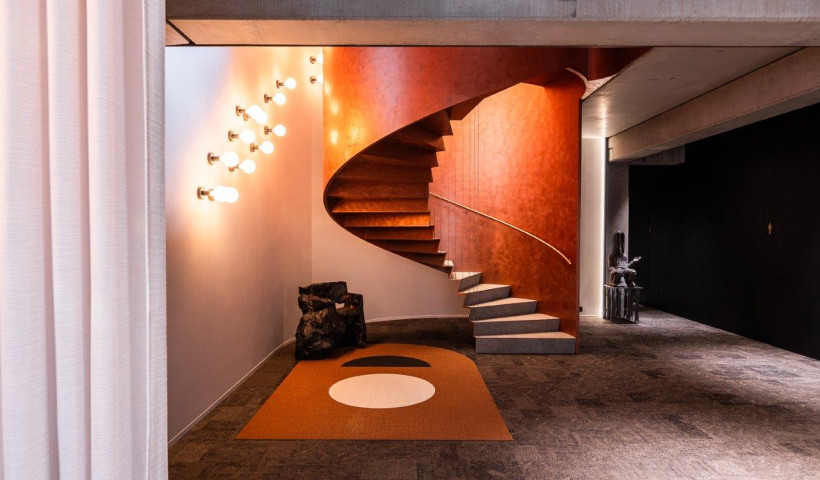 NEW
NEW
Back in 1992 writer Paul Hawken laid the power, and therefore the responsibility, of reversing environmental degradation on a global scale at the feet of business. Using the three pillars of restorative economics: innovate design and methods of manufacture, educate and transform the consumer, and restore government relationships with business, Hawkins created a blueprint designed to enhance both business and nature through an environmental programme that supported sustainability as well as prosperity. This thinking represented a paradigm shift at the time.
Fast forward to NZ's first Covid-19 lockdown in March 2020 and the World Economic Forum was urging business and government to work together to fast track towards a self-sustaining, environmentally conscious economy, to reverse the effects of climate change. “The coronavirus pandemic is a wake-up call to stop exceeding the planet’s limits…. deforestation, biodiversity loss, and climate change all make pandemics more likely… We can use the science to design economies that will mitigate the threats of climate change, biodiversity loss, and pandemics. We must start investing in what matters, by laying the foundation for a green, circular economy that is anchored in nature-based solutions.”
The good news is that Covid-19 has proven that societies are capable of transforming themselves overnight. But do we have the commitment to continue the rate of change? If we conquer this pandemic, will we slow our efforts?
As consumers, as business leaders, we have the power in our hands to force change. So, what can we do? How can we be informed, and make good choices?
The Green Building Council is New Zealand’s leading not-for-profit organisation championing the sustainable built environment. The NZGBC provides certification indicating the “green performance” of homes and buildings as well as NABERSNZ, a tool for confirming the performance of offices in use. As a buyer, lessor or building owner, these are standards easily understood, that can be sought after. Aside from contributing to mitigating climate change, benefits include long term reduced running costs and increases in health and wellness for inhabitants of such green rated buildings, which also impacts profitability positively.
Within the interior design industry, there is opportunity to be discerning with regard to suppliers by making deliberately sustainable choices when selecting product. Flooring represents a fundamental in design that, by nature of its quantity in each commercial fit-out, can have a huge environmental impact. Products using recycled materials and carbon neutral manufacturing processes are all on the table for specification.
Umesh Dayal, founder of Heritage Carpets New Zealand, supplies a range of sustainable carpets to the national market. Umesh assures designers and clients that choosing 'green' options carries little burden in terms of price and availability when compared to non-sustainable options.
"Our company is built on working with partners who have sustainability at their core. We have two partner brands, modulyss and Bentley, offering innumerable ranges to choose from in everything from block colour through subtle pattern to statement designs. We are proud of the work our partners do to constantly reduce the environmental impact of their product. modulyss, for example, works with Econyl brand, using their 100% recycled nylon from waste such as salvaged fishing nets, whilst Bentley is using recycled Thrive yarn. Typically we offer product across the full price range with most sitting at what the market would describe as medium budget, with lead times on average from five days ex stock to six to twelve weeks depending on whether the product is in stock with our partners, a fast track manufacture range, or made to order."
“In our view”, explains Umesh, “We have a responsibility to champion products that do no harm to people and planet. Most of the designers we work with are more than on board with choosing environmentally friendly flooring options.”
We share a common responsibility to be informed about the sustainability of the products we want to consume and to recommend. Do your research, make good choices, and be accountable.
Green Star is an internationally-recognised rating system for the design, construction and operation of buildings, fitout and communities.












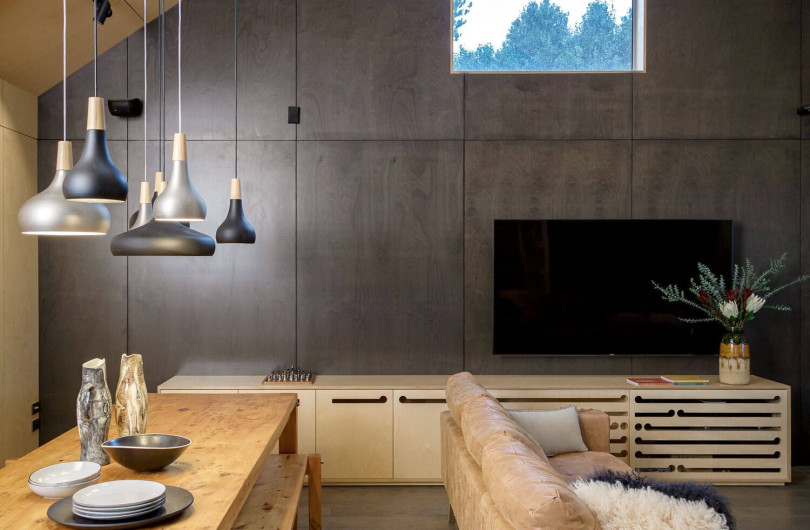
 Case Studies
Case Studies
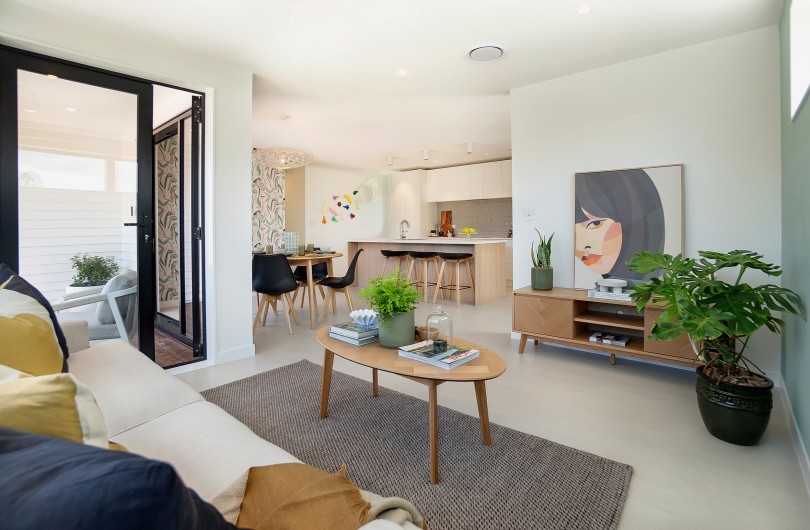


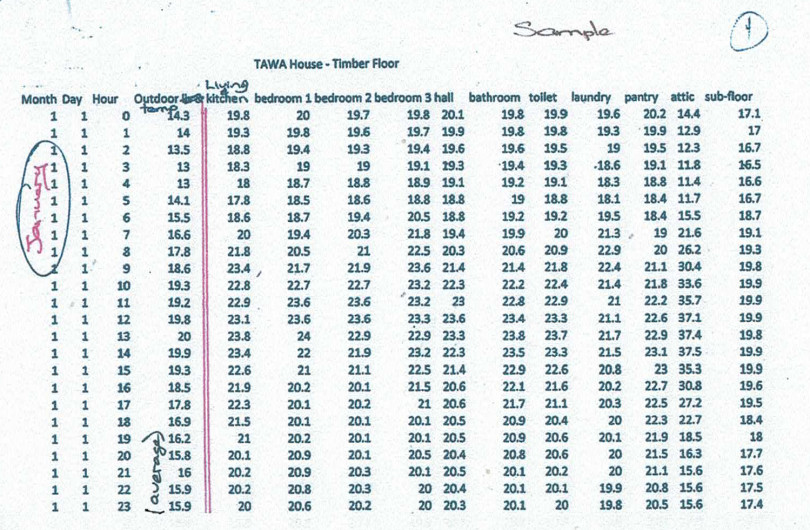




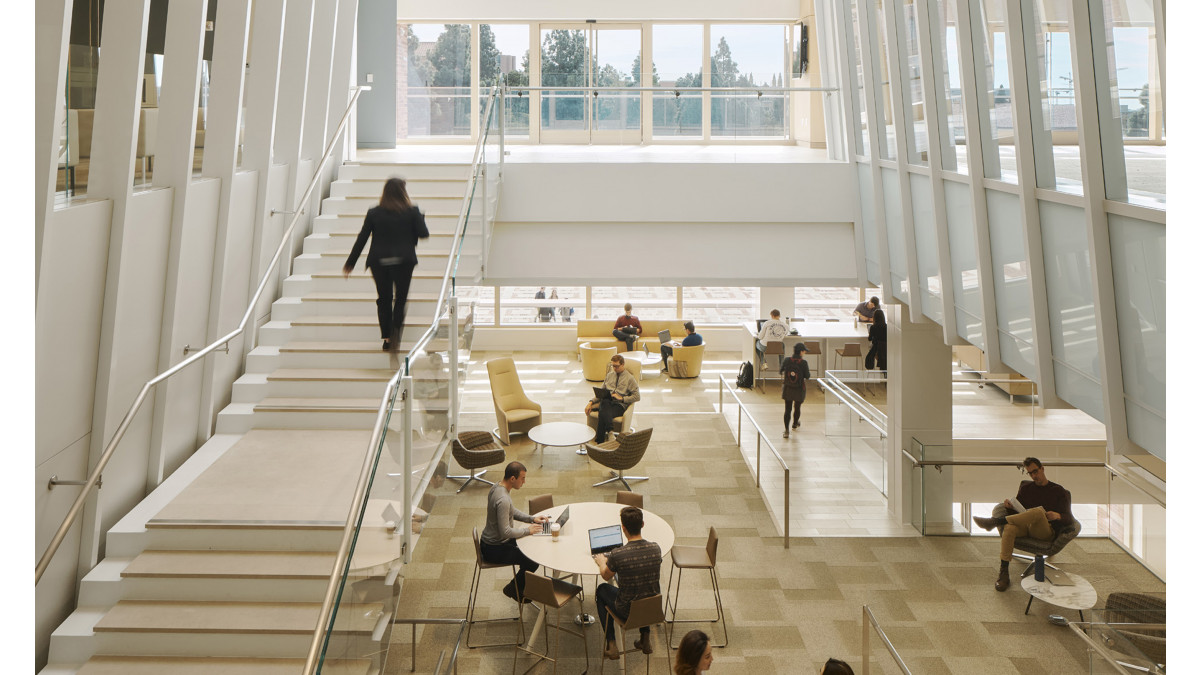
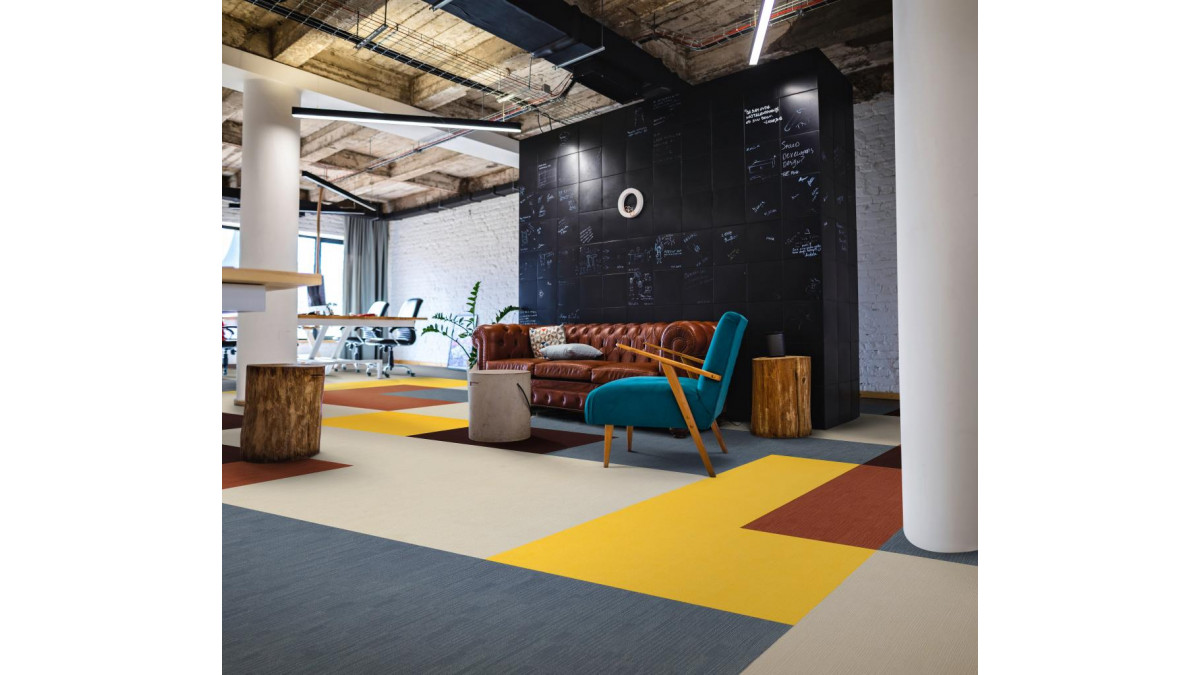
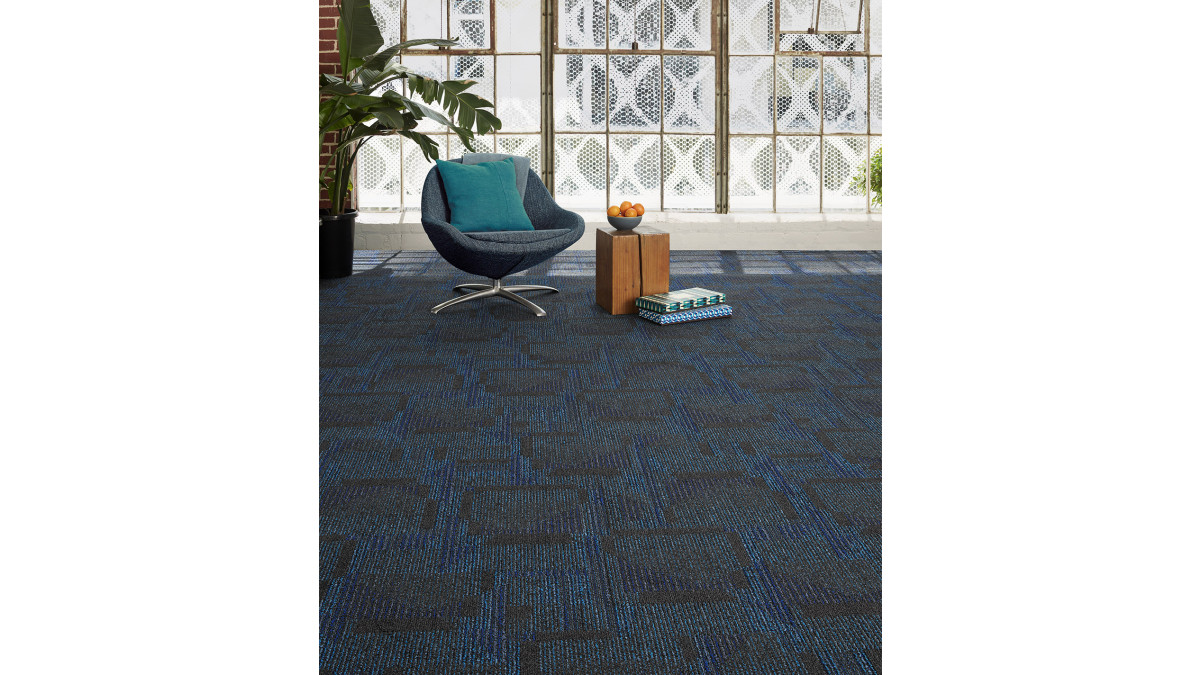
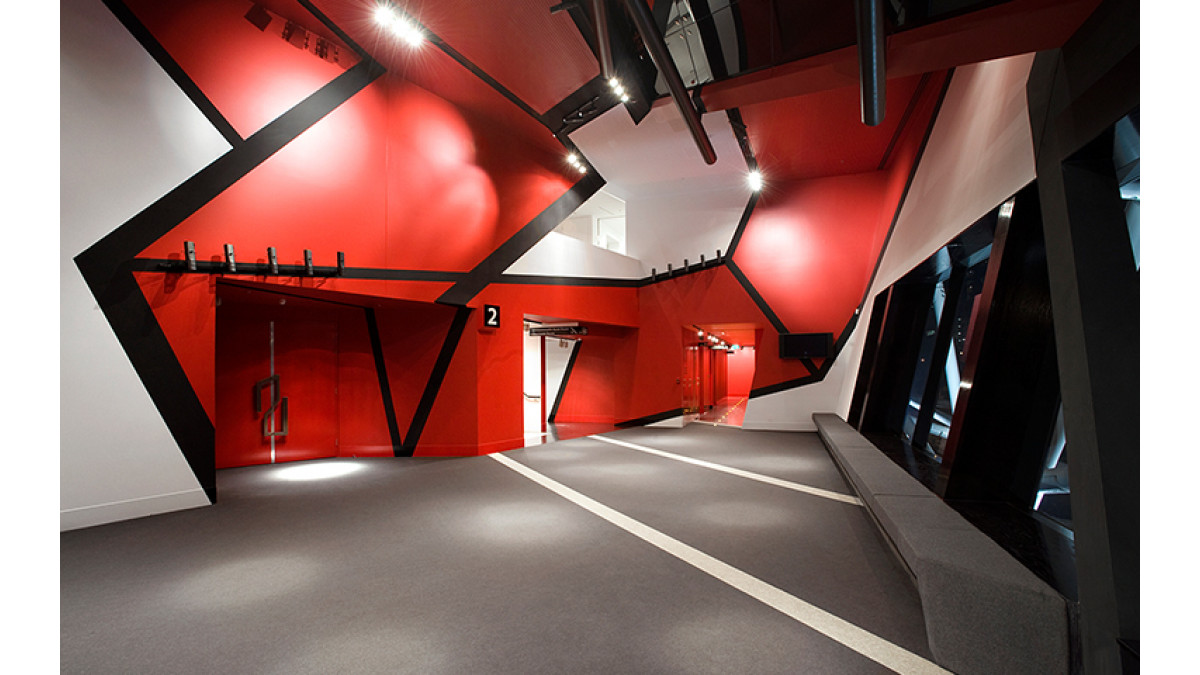
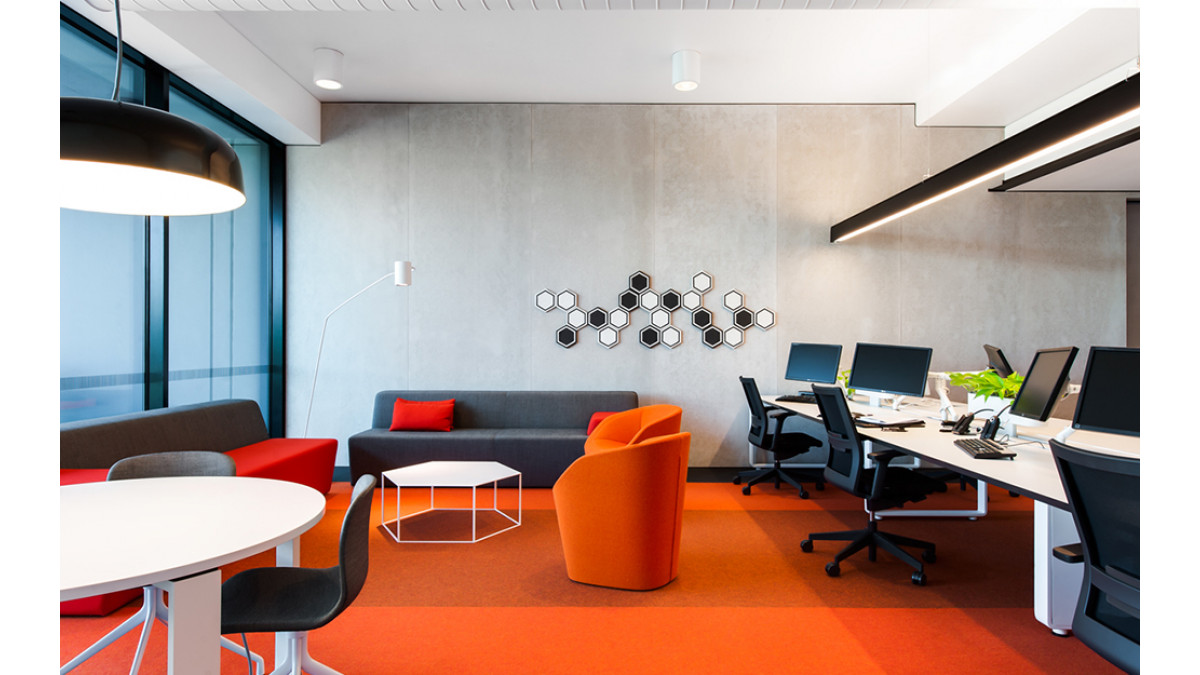






 Popular Products from Heritage Carpets
Popular Products from Heritage Carpets


 Most Popular
Most Popular


 Popular Blog Posts
Popular Blog Posts